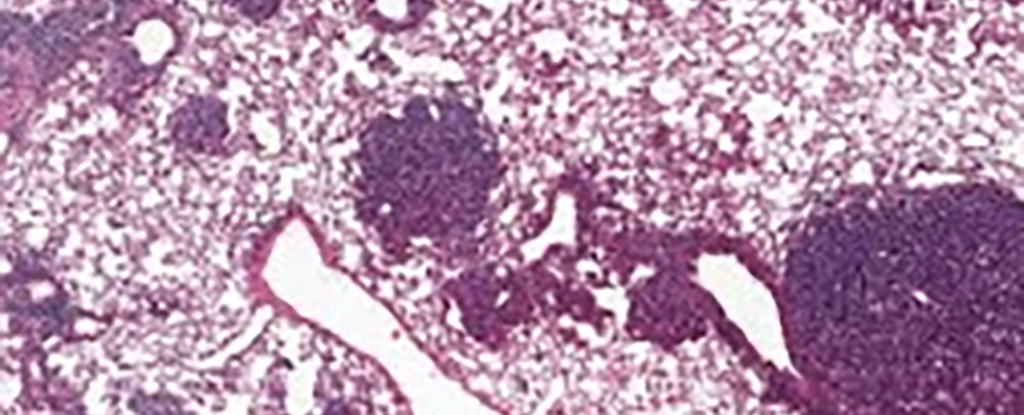Cancer Risk Decreases with Age: Study Unveils Key Protein NUPR1

A new study sheds light on why cancer risk declines after age 80. Researchers found that elevated levels of a protein called NUPR1 in older mice caused cells to behave as if iron-deficient, limiting cell regeneration and thus suppressing both healthy and cancerous growth. The same mechanism was observed in human cells. Lowering NUPR1 or increasing iron levels boosted cell growth. This discovery could lead to new cancer therapies targeting iron metabolism, particularly in older individuals, and may improve lung function in those with long-term COVID-19 effects. The study also suggests that ferroptosis-based cancer treatments are less effective in older cells due to their functional iron deficiency, highlighting the importance of early intervention. Preventing carcinogenic exposures in younger individuals is even more crucial than previously thought.